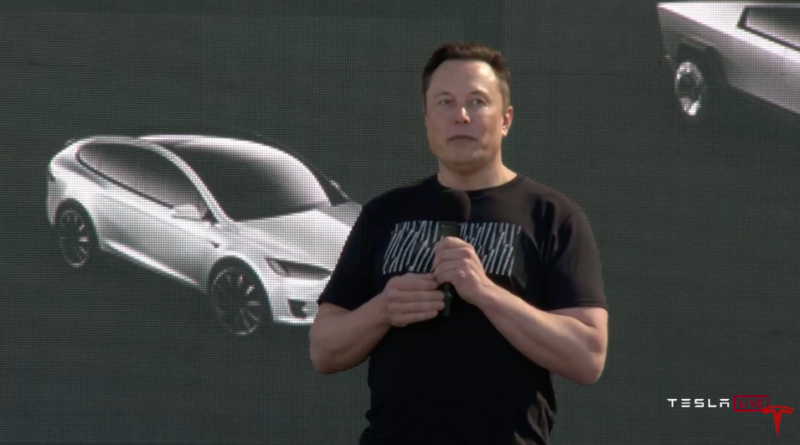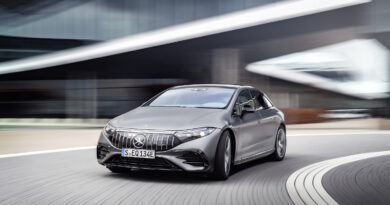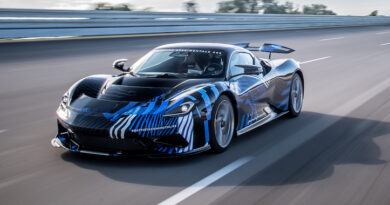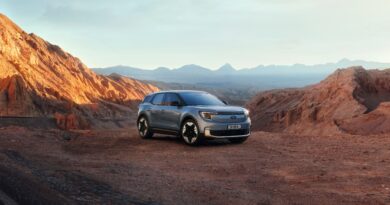Aussie EV buyers cool toward Musk! Survey finds Elon is the reason 34% less likely to consider a Tesla
A new survey has revealed a third of Australian EV buyers are being turned off buying a Tesla by Elon Musk.
But a smaller number are more likely to choose a Tesla because of the company’s controversial boss.
The survey, commissioned by the Australian Automotive Dealers Association (AADA) asked respondents whether their opinion of the controversial Tesla boss was impacting their willingness to buy or lease a Tesla in the future.
The survey published this month, dubbed EV & Hybrid Vehicle Wave 3 Insights Report, found 34 per cent of respondents were less likely to buy a Tesla because of Musk, 13 per cent were more likely and 54 per cent said Musk had no bearing on their decision.
READ MORE: Forget broken promises or a stale model lineup, Tesla’s biggest company-threatening risk is actually Elon Musk | Opinion
READ MORE: The Tesla Titanic? The rival electric vehicle maker readying to cash in on Model 3 and Model Y owners abandoning an Elon Musk-captained ship
READ MORE: “I bought this before Elon went crazy”: How Tesla owners are fighting back after funding Musk’s MAGA push | Opinion
The survey polled 2000 Australian drivers across the country last November, around the time the candidate Musk backed for US president, Donal Trump, won the election.
But it was still months before Trump took charge and unleashed Musk and his Department of Government Efficiency (DOGE) on the US federal bureaucracy.
Since then the debate about Musk and his impact on Tesla has been fierce, including here at EV Central.
Tesla sales fell 16.9 per cent in Australia in 2024 – but it still commanded 42 per cent of the EV segment – and dropped globally for the first time in over a decade.
“Overall, Elon’s reputation is having a net negative effect of -21% on consideration of a Tesla (34% are less likely to consider one vs. 13% being more likely to consider one),” the survey reported.
“Just over half of all drivers (54%) say that his reputation has no impact on their consideration of leasing/buying a Tesla-branded vehicle.

The polling on Musk was an a small part of the third annual survey, which primarily focussed on EV buyer intentions.
It found rising cost of living pressures have played a key role in slowing electric vehicles sales rates.
The survey’s key finding is that EV intention to purchase has plateaued at 39 per cent of respondents, which is basically unchanged from 38 per cent in the first survey in 2022.
READ MORE: Confirmed! While used EV sales rose in Australia in 2024 resale values fell … by a lot!
READ MORE: 2024 EV sales in Australia: A deep dive into the electric car market that saw Tesla drop, BYD grow – and 10 new brands enter the market
READ MORE: Explained: What’s really going on with EV sales in 2024. Yes, a record is looming … but only just
“Affordability remains the biggest barrier to EV adoption, with 55 per cent of respondents stating that EVs are simply too expensive, however, this has improved from 62 per cent in the first survey in September 2022, ” said AADA CEO James Voortman.
“Economic pressures are clearly influencing buyer behaviour, with 64 per cent of respondents saying they are less willing to pay a premium for an EV due to current cost-of-living challenges. The average price premium consumers are willing to pay for an EV has dropped to just six per cent, down from eight per cent in January 2024.”
“The research shows that respondents are more likely to consider traditional hybrids (52 per cent) than EVs (39 per cent) or plug-in hybrids (36 per cent), a finding which is backed up by current new car sales data.”
The survey helps explain the slowing EV sales rates. After climbing a spectacular 161 per cent in 2023, growth was only 4.7 per cent in 2024.
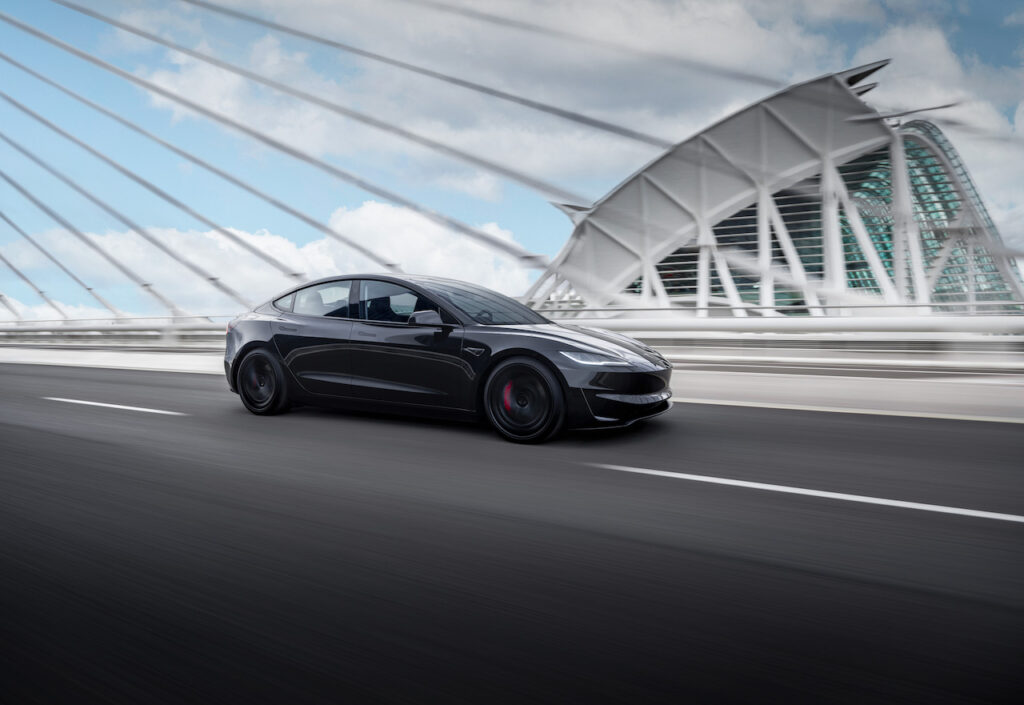
The survey found 58 per cent of respondents consider EVs are better for the environment, a fall from 67 per cent since early 2024.
Concerns over EV resale value and repair costs also increased, no doubt adding to the hesitancy around adoption.
Emphasising the EV cost issue, higher-income households were found to be nearly twice as likely to consider purchasing an EV as those on lower incomes.
And pointing to ongoing range and charging infrastructure concerns, rural households remained significantly less likely than metro households to purchase an EV.
The survey also found support for governments incentivising EVs has reduced from 69 per cent to 62 per cent.
However, support for a fuel efficiency standard is overwhelming, with 78 per cent of respondents supporting the policy.

